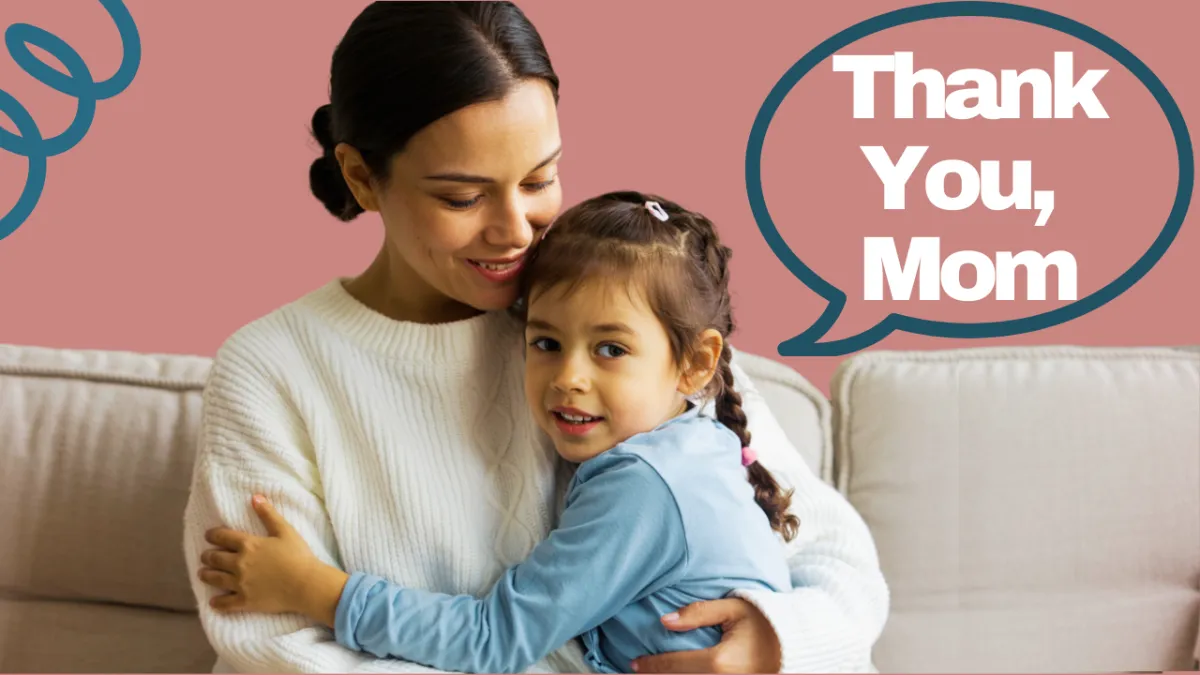
Will Your Child Thank You in 20 Years? How Parenting Style Predicts Adult Success


Do you ever wonder if you’re parenting your child in the best way? You might do what feels natural or simply follow the example your own parents set — but the way you interact with your child can have long-lasting effects on their development. Different parenting styles can lead to very different levels of health and wellness for your child as they grow into adulthood. The good news? Small changes in your approach now can make a big difference in your child’s future.
Beyond Buzzwords: What Parenting Styles Really Mean
Terms like helicopter, free-range, and bulldozer parenting are popular in the media. They're entertaining and easy to visualize — you probably know someone who fits each one.
But psychology research offers a more structured and evidence-backed view of parenting. Since the 1960s, beginning with Diana Baumrind and later expanded by Maccoby & Martin, psychologists have identified four main parenting styles that significantly impact long-term child outcomes.
As a mom of four, I know how often we second-guess ourselves: “Did I handle that the right way?” or “Could I have said that differently?” Understanding these parenting styles helps me feel more confident in the choices I make — and today, I’m sharing that same framework with you.
Let’s break down each of the four styles and look at how they tend to shape children into adulthood.
1. Authoritarian Parenting Style
The authoritarian parenting style is strict, rule-focused, and emphasizes obedience. It’s high in demandingness and low in responsiveness.
To visualize it, imagine a graph shaped like a plus sign:
The vertical axis represents Demandingness (from high to low).
The horizontal axis represents Responsiveness (from high to low).
Authoritarian parents rank high on demandingness: they expect obedience and enforce rules rigidly — "Put your shoes away now, no questions." But they rank low on responsiveness, showing little emotional support or positive feedback.
Children raised in authoritarian homes are often punished for asserting independence and discouraged from expressing emotions. As adults, they may struggle to understand their own feelings or desires, instead relying heavily on external rules or expectations. If you were raised in this kind of environment, you may find yourself trying to parent very differently.
2. Indifferent (Neglectful) Parenting Style
The indifferent, or neglectful, style is both low in demandingness and low in responsiveness.
This parent isn't engaged with rules or discipline — but also doesn't offer much warmth or support. That might be due to external stressors like poverty, mental health issues, or lack of time and energy. While we’re talking about the extreme end here, there are many degrees in between.
Children raised with this style often feel like no one cares what they do — which can lead to a poor self-image and trust issues. As adults, they may have difficulty forming healthy relationships or controlling their emotions, and are more vulnerable to substance use.
While real-life parenting rarely fits perfectly into these boxes, research shows clear patterns in the outcomes tied to this style.
3. Permissive Parenting Style
The permissive style is high in responsiveness but low in demandingness. These parents are warm, supportive, and nurturing — but don’t set or enforce many rules.
Permissive parents rarely say “no.” Children may get unlimited screen time, go to bed when they want, and receive few consequences for misbehavior. While this may seem like a dream for the child, it has long-term downsides.
Children raised in permissive homes often struggle with self-regulation, boundaries, and handling stress. As adults, they may disregard social norms, have difficulty managing disappointment, and lack the skills to self-motivate or delay gratification.
If your goal is to raise a resilient, independent child, permissive parenting likely won’t get you there.
4. Authoritative Parenting Style
This is the gold standard — the style most strongly associated with raising well-adjusted, successful, and emotionally healthy adults.
Authoritative parenting is high in both demandingness and responsiveness. Rules are clear and consistent, but they are paired with warmth, encouragement, and support.
These parents guide behavior rather than control it. They encourage independence within age-appropriate limits and help children understand the “why” behind rules. For example: “I know it’s hard to get going on Monday mornings. Let’s think of something to look forward to at school.”
Children raised in authoritative homes learn resilience and autonomy. They respect authority, feel safe asking for help, and build strong self-worth. Research consistently shows this parenting style produces the most positive long-term outcomes.
And yes — the names can be confusing! Authoritarian (strict and cold) vs. Authoritative (firm but warm). The strategies I teach in my Amazing Parents Club are rooted in the authoritative style — what I call “amazing parenting.”
Final Thoughts
We all want what’s best for our children — both now and in the long run. The research is clear: the key to successful parenting is finding the right balance between clear expectations and loving responsiveness.
